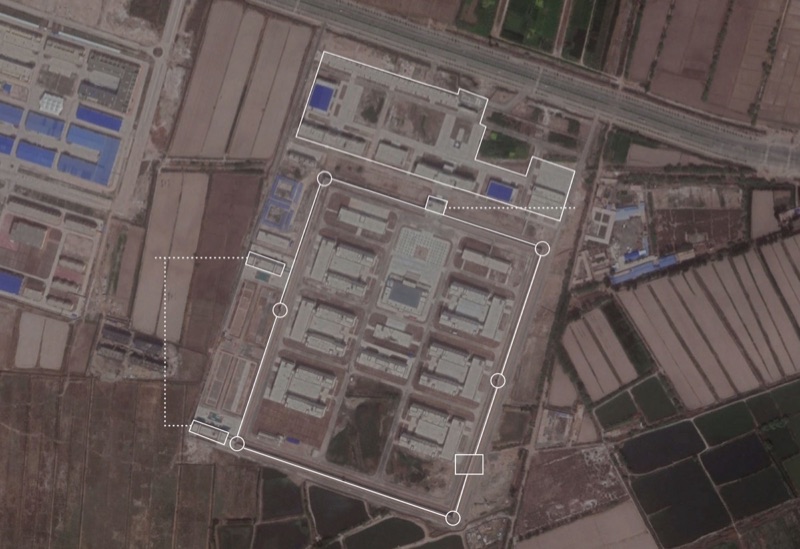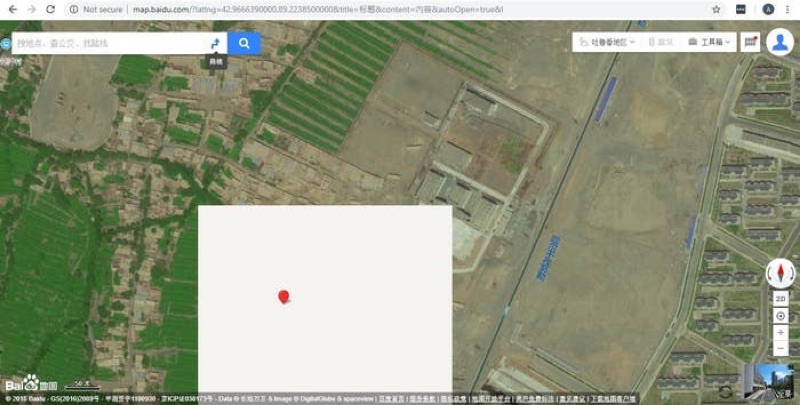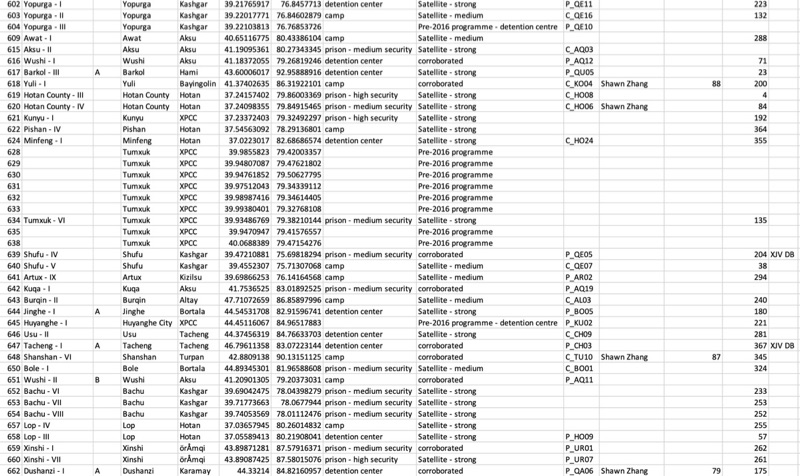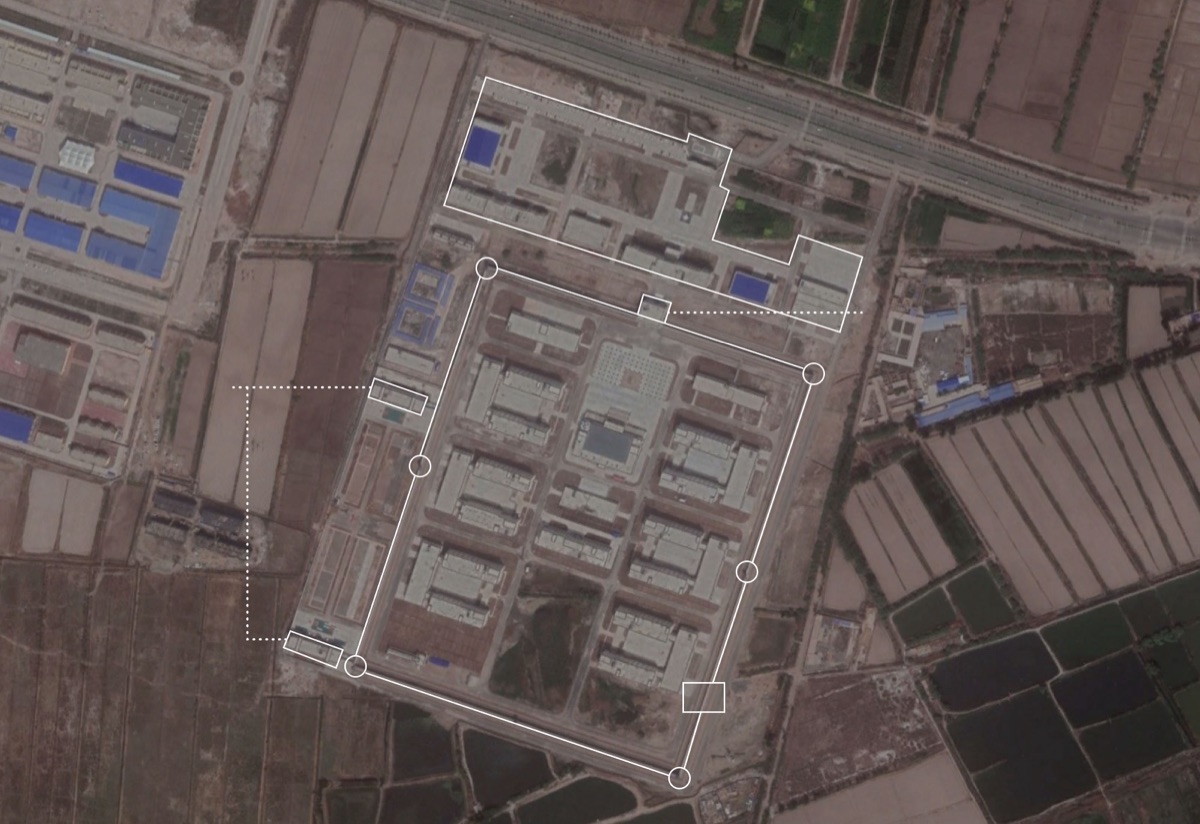Built to Last
A BuzzFeed News investigation, using thousands of satellite images, exposes a large and expanding infrastructure in Xinjiang, China for long-term detention and incarceration. The investigation, titled "Built to Last," received prestigious awards including the Pulitzer Prize for international reporting, the Kim-Wall award, and the Sigma award.
Publications



Background
Since late 2016 it is estimated that over 1 million Muslim minorities have been imprisoned in a secretive network of detention camps and prisons in Xinjiang, China. This is part of a campaign of state surveillance, abuse, imprisonment and religious suppression that governments, experts and human rights groups have described as a genocide.
The Uyghurs are the largest group of people affected, but the crackdown also targets Kazakhs, Uzbeks, Kyrgyz, Hui, Mongols, Xibe and other indigenous people in the region. The Chinese government claimed that the camps were part of a benign programme of education designed to combat ‘extremism.’ In practice, people have been detained, sometimes for years, for religious expression and any behaviour perceived to be disloyal, such as downloading WhatsApp, growing a beard or for having studied abroad. Many people describe being taken away in the middle of the night, hooded and in chains, to terrifying prisons in unfamiliar locations.
In 2018, when this investigation began, it was believed there were 1 million people detained and 1,200 camps in existence, while only a few dozen had been found. Little was known about the camp network, or the locations to where the missing people had been ‘disappeared’. This work is a collaboration between Megha Rajagopalan, a journalist, Alison Killing, a architect and Christo Buschek, a software developer. In 2021, their investigation was awarded with the Pulitzer Prize for International Reporting.
